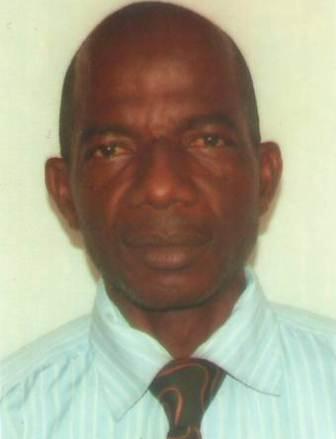Course Synopsis
This course is compulsory for pure mathematicianswho wish to specialise in the areas of real , complex analysis and functional analysis.The course synopsis is as follows:Lebesque measure; Measurable set. Measurable functions. Lebesque integral, Integration of non-negative functions, the general integral convergence theorems.
Course Synopsis
Existence and Uniqueness theorems,Dependence of solution on initial data and parameter.Properties of solutions,sturm comparison. Linear systems, Floquet’s theory. Non Linear systems: stability theory. Integral equation: method of successive approximations: Neumann’s series, Resolvent kernel, Voltera’s equations. Applications to ordinary differential equations.
Course Synopsis
This course begins with a clear statement of pertinent definitions, principles and theorems together with illustrative and other descriptive material in the subject of rigid body dynamics. This is followed by sets of solved and supplementary problems. The solved problems serve to illustrate and amplify the theory and bring into sharp focus those fine points without which the student feels uncomfortable. The solved problems also serve to provide the repetition of basic principles that are so vital to effective learning. Numerous proofs of theorems and derivations of basic results are given under various topics. The course generally dwells on dynamics, kinematics and statics of a particle, systems of particles and rigid bodies.
Course Synopsis
This course is an exploratory, first course in fluid dynamics designed primarily for students in Physical, Mathematical Sciences and allied disciplines. However, it also meets the need of students in other fields like engineering e.t.c..
Course Synopsis
This course is the Third course for all engineering students designed for 400 level and allied disciplines to introduce them to mathematical modelling and development of numerical techniques to solve differential types of models. However, this course also meets the need of students in other fields of physics, earth sciences, e.t.c, as a course that develop students to transform real life problems into mathematical equations and the provide the appropriate numerical schemes to approximate solution of such models. Topics to be covered include, Mathematical modeling of Physical systems , formulation of model and Formulation of models. Numerical Techniques for First Order Initial Value Problem (IVP); Numerical Techniques for Second and Higher Order Initial Value Problem (IVP). Numerical Techniques for Boundary Value Problem (BVP). Algebraic, Ordinary Differential, Difference. Integral and function equations. Improper Integrals
Course Synopsis
This course involves the industry-based supervisor overseeing students in the industries where they are carrying out their industrial training. Visitation Committee (members of academic staff) from the university also visit to assess the performance of the students in their IT places.
Course Synopsis
The Institution based supervisors assess/guide and score the students’ Industrial Training reports.
Course Synopsis
Presentations of Industrial Training reports and experience gained before a panel of lecturers.

